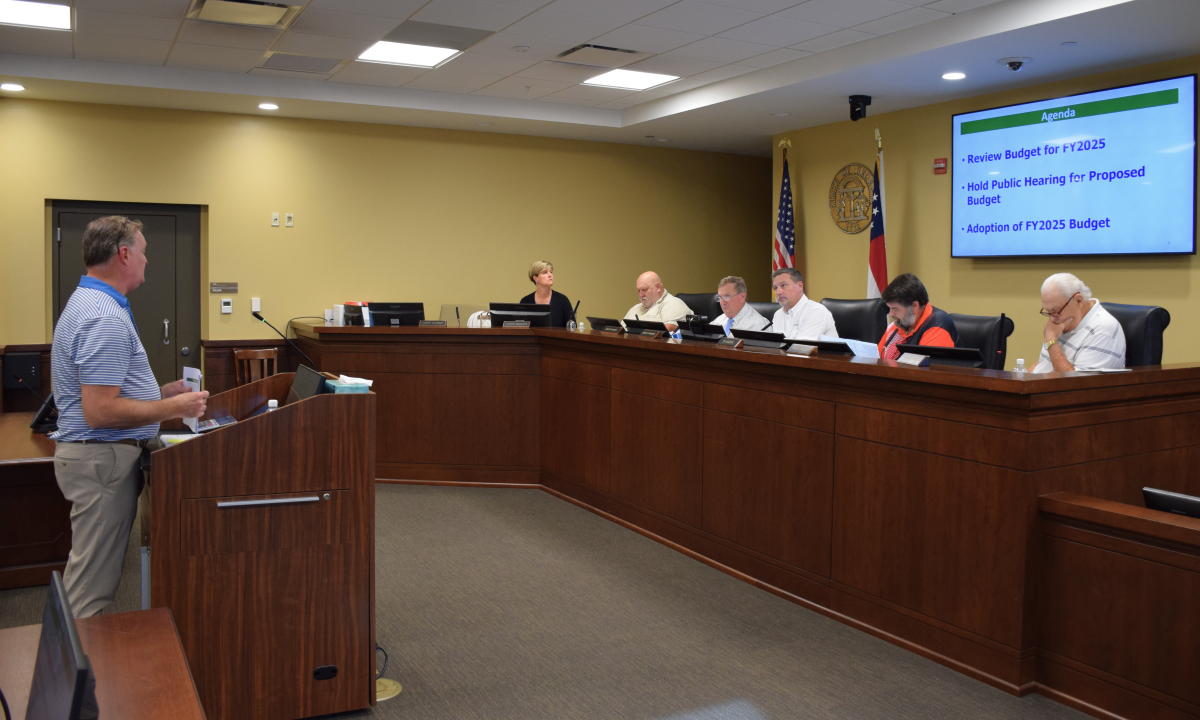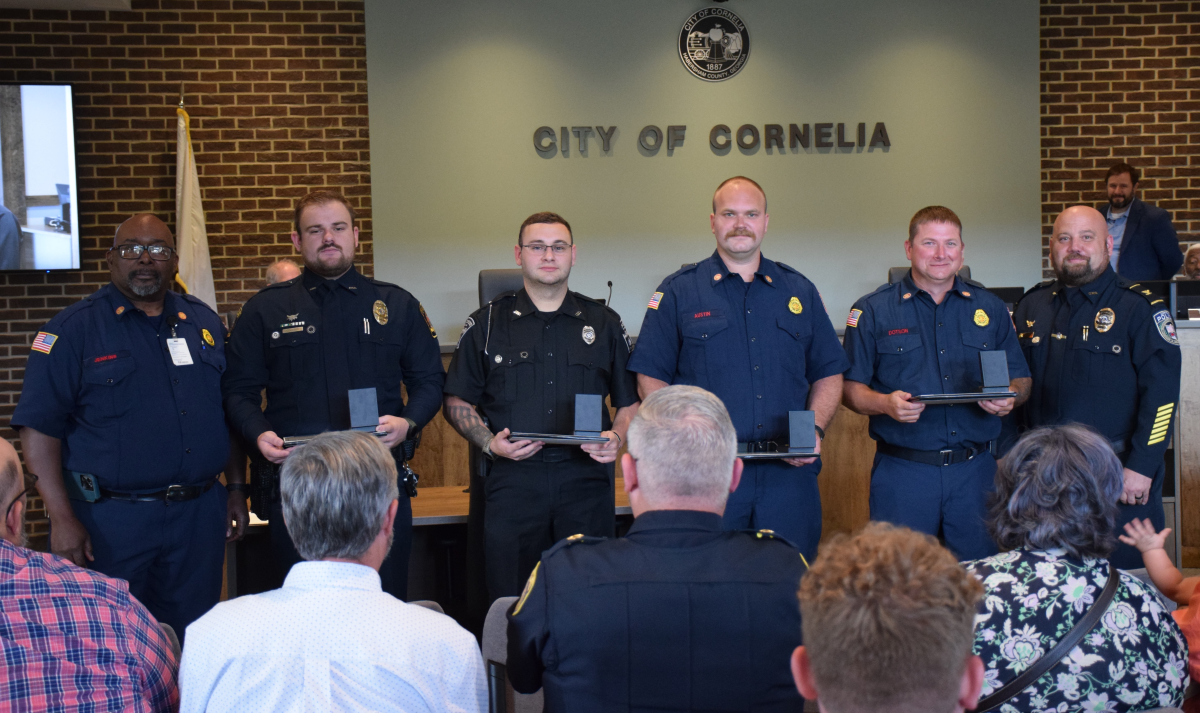
Senate Bill 232 outlines plan to improve broadband access and service for all Georgians
Friday marked the end of a very busy week at the Capitol. The Senate picked up the pace with committee meetings running late into the night and Senators working hard to pass legislation before the end of Crossover Day on Friday, March 3.
On Tuesday, Senate Bill 232, the “Facilitating Internet Broadband Rural Expansion (FIBRE) Act,” was introduced to address broadband access issues that affect citizens across the state. Greater access to this invaluable resource has proven to increase quality of life and serve as an economic development tool. Senate Bill 232 will address the ways Georgia can move forward and promote the availability and delivery of broadband services to citizens throughout the state. The FIBRE Act defines broadband service as internet access capable of transmitting data at a rate of 25 megabytes for downloading and at least 3 megabytes per second for uploading.
“This legislation, if passed, could be the game changer for internet access in rural Georgia.”
First, SB 232 will govern the ability of local authorities to regulate or charge for the collocation of small wireless facilities in public rights of way under certain circumstances. Any disputes between the local governing authorities and companies wishing to install the small wireless facilities will be handled by the Public Service Commission.
Second, a political subdivision maybe certified as a gigabit ready community if they enact an ordinance for reviewing applications and streamlining permits related to broadband network projects.
Third, service delivery strategies will include plans to promote the availability and delivery of broadband services. The strategies will be used to identify steps which will be taken to ensure that the population of a local government has reasonable and cost-effective access to broadband services.
Fourth, SB 232 redefines the Universal Access Fund to allow the Public Service Commission to fund the deployment of internet services in rural areas. It also assures of reasonably priced access to basic local exchange services. The commission will ensure that the fund operates in a competitively neutral manner when it comes to competing telecommunication providers.
Fifth, Electric Membership Corporations (EMCs) will be authorized to provide and operate emerging communication technologies to include internet services. They currently serve electricity to approximately 4.2 million Georgians.
Sixth, SB 232 will address tax exemptions for deployment of broadband technology and how SPLOST proceeds are to be used and may be expended for broadband services in rural areas of the state.
Lastly, the Georgia Department of Economic Development will create the Georgia Gigabit Ready Community Site designation program. This designation will help identify sites in the state where business prospects will have access to internet speeds greater than 1 gigabit.
This legislation, if passed, could be the game changer for internet access in rural Georgia. I look forward to working with my colleagues on SB 232 as it moves through the legislative process. I hope you will reach out to my office if you have any questions, comments or concerns about SB 232 or any pending legislation.
About the author: Sen. John Wilkinson represents the 50th Senate District which includes Banks, Franklin, Habersham, Rabun, Stephens and Towns counties and portions of Hall and Jackson counties. He served on the Joint High-Speed Broadband Communications Access for All Georgians Study Committee and serves as the Chairman of the Agriculture and Consumer Affairs Committee and Vice Chairman of the Education and Youth Committee. Sen. Wilkinson can be reached by phone at 404.463.5257 or by email at [email protected].







